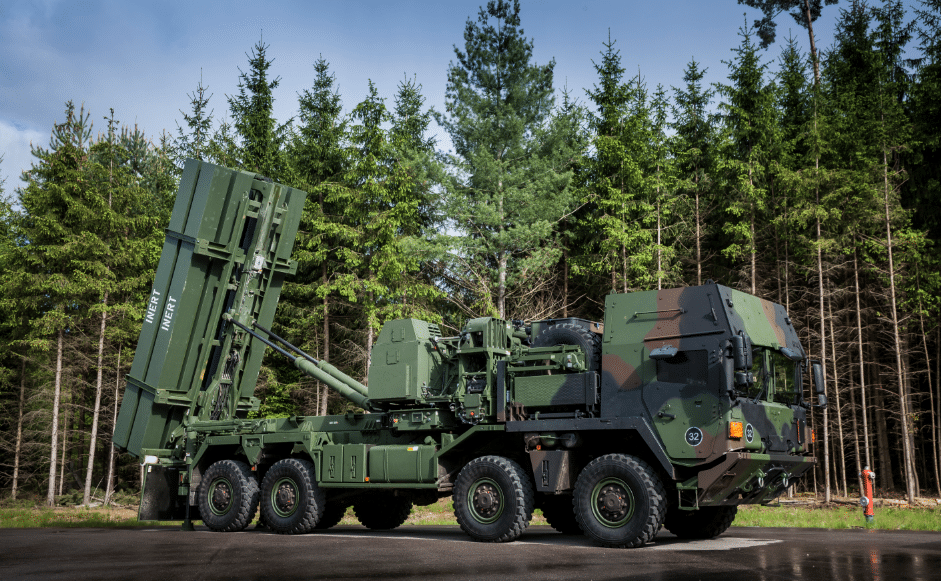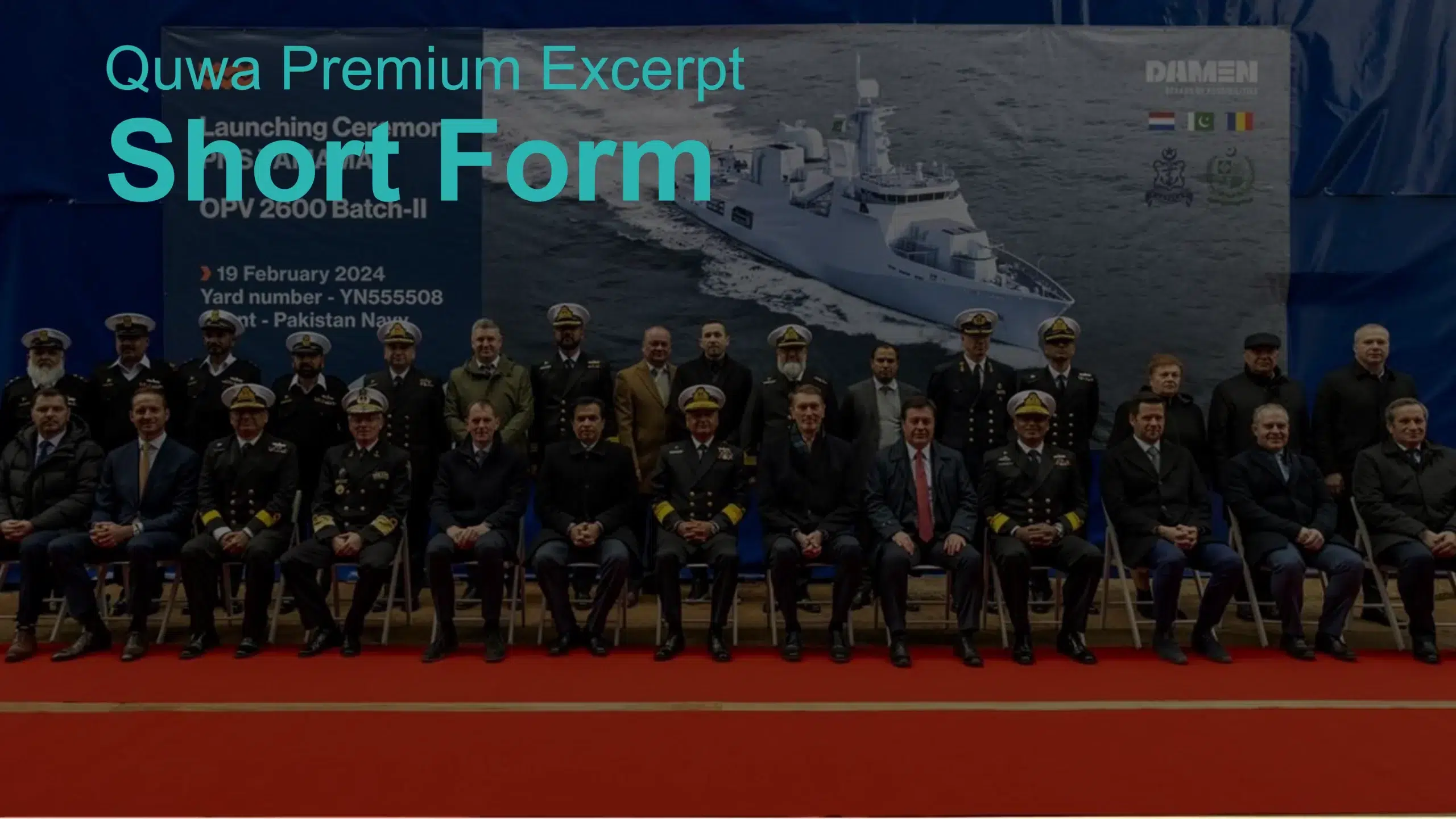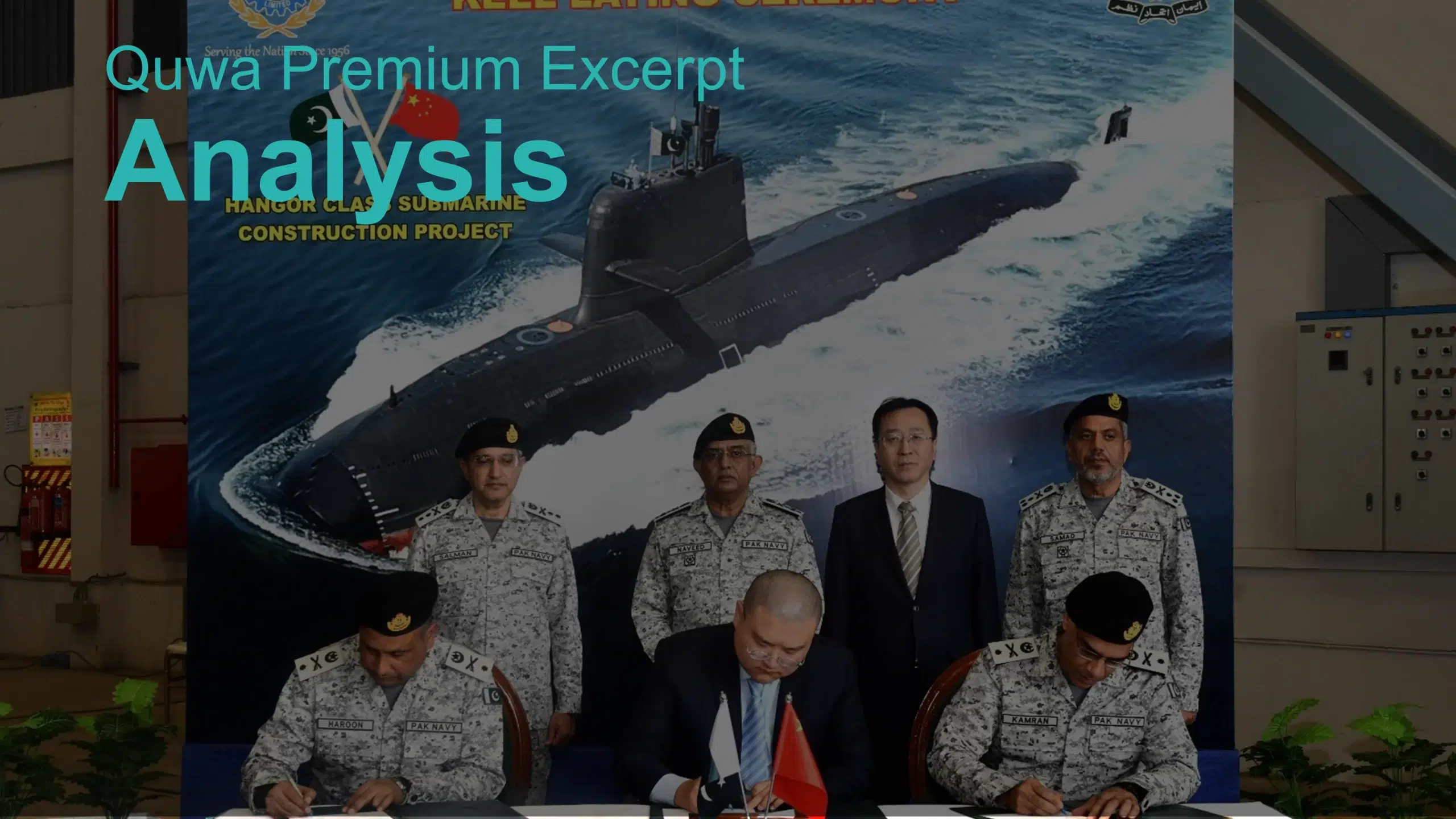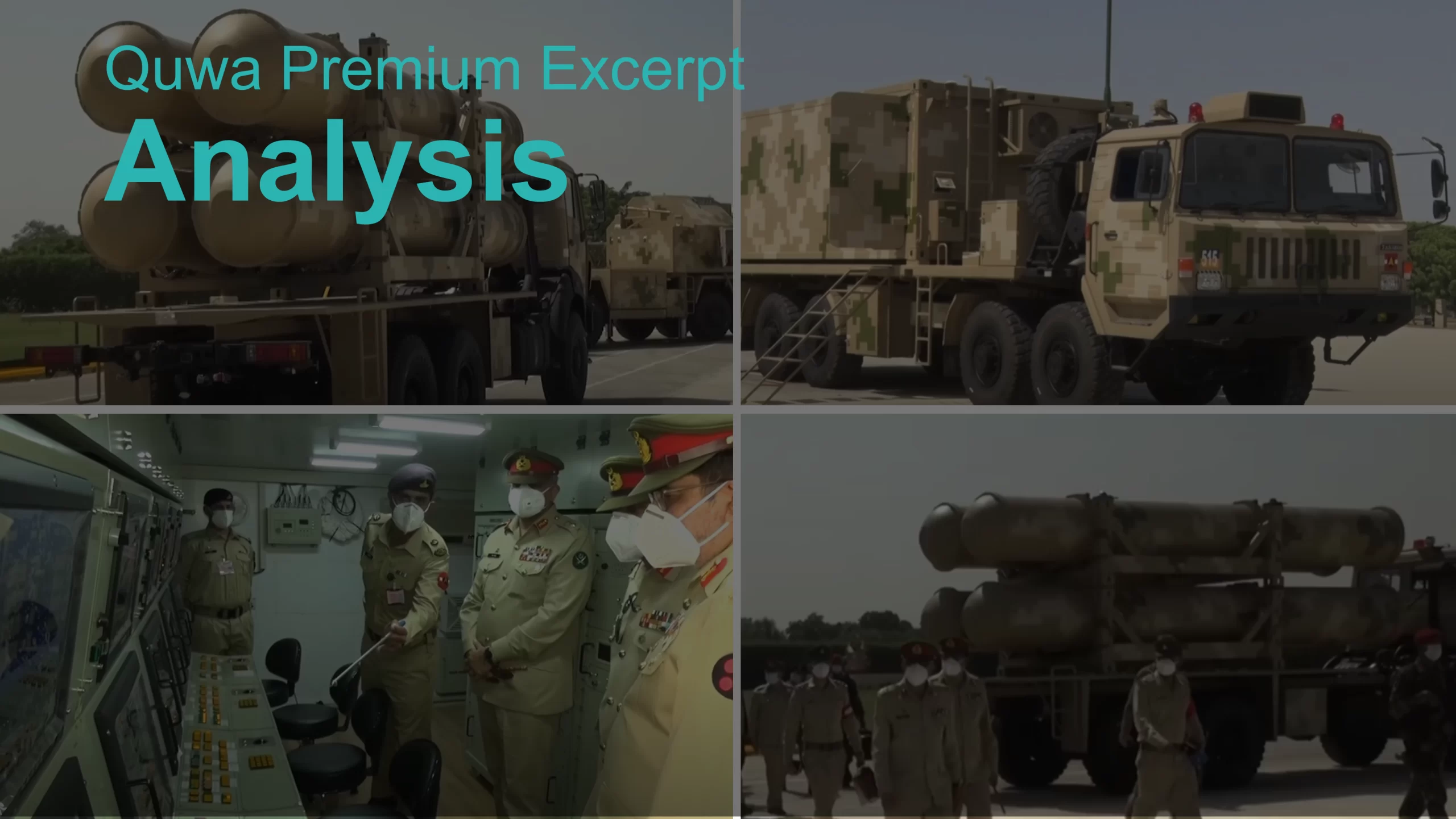The Medium Extended Range Air Defence System (MEADS) consortium is offering technical assistance and technology for Turkey’s long-range surface-to-air missile (SAM) program, Defense News reports.
Designed to replace Patriot long-range SAMs in Europe, the MEADS was jointly developed and produced by Lockheed Martin, MBDA Deutschland GmbH and MBDA Italy. The U.S., Germany and Italy spent USD $4 billion in developing the MEADS.
The MEADS consortium’s international business development director, Mirko Niederkofler, told Defense News that the MEADS consortium’s offer is focused on building Turkey’s capacity, specifically with “an open architecture system [for] already existing Turkish systems.”
Despite engaging in talks for off-the-shelf systems, the Turkish Undersecretariat for Defence Industries (SSM) reiterated its commitment to the country’s homegrown long-range SAM program.
The head of the SSM, Dr. İsmail Demir, added that off-the-shelf procurement will be paired with transfers of technology and expertise in support of the Turkish SAM program.
Turkey has reportedly been in talks with Russia for the S-400 Triumf long-range SAM and for technical assistance and collaboration for its own SAM program. Eurosam, a collaboration between MBDA France, MBDA Italy and Thales Group, is also offering its Aster-30-based system.
Notes & Comments:
In tandem with the quality of technology and collaborative input, Turkey will also examine its options for the flexibility offered in technology ownership and export licensing. This was ostensibly one of the main reasons why it originally opted for the HQ-9 from China. It is unclear if this flexibility can be had from an American or European SAM program (unlikely), hence Ankara’s continued engagement with an Eastern supplier – Russia.
An S-400 purchase will illicit the same concerns from NATO as the HQ-9 had, but Turkey could potentially split the off-the-shelf purchase from the technical collaboration. It could procure a Eurosam or MEADS solution, but collaborate with Russia (or China) for its own program. The Turkish industry has viable radar and electronics subsystem work in place, the biggest gap seems to be in missile technology. The SSM could develop the latter area with Russia or China’s support. In turn, Turkey can pair its own electronics work to the missile platform, thus allowing it to use its system with NATO and to use it at will (e.g. for export).




